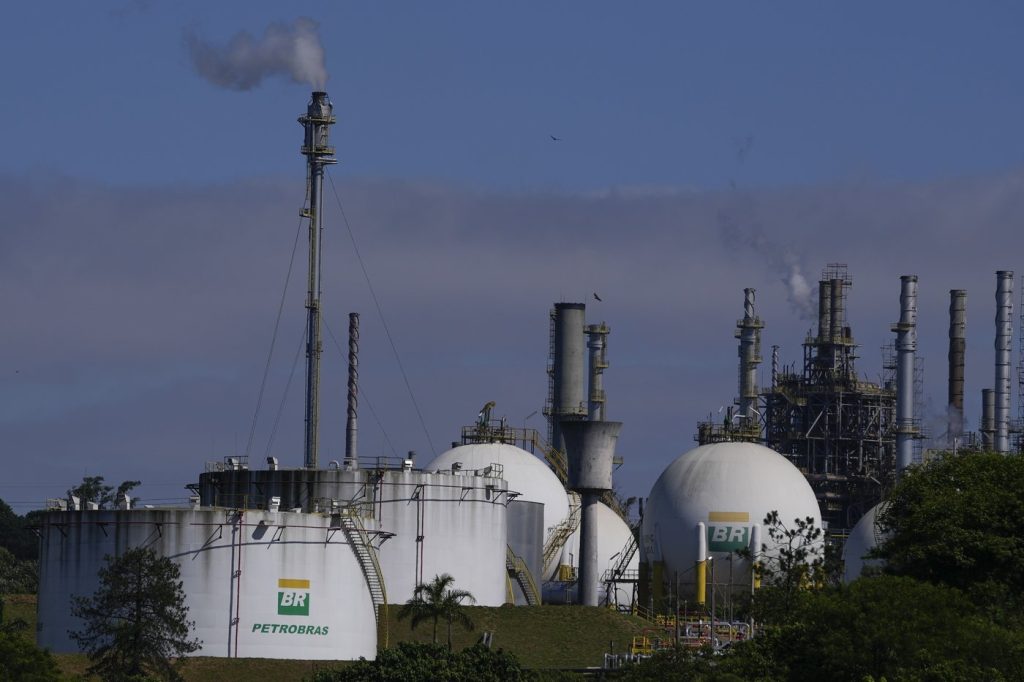BRASILIA, Brazil (AP) — On Tuesday, Brazil's government approved its membership in OPEC+, the coalition of major oil-exporting nations, marking a significant shift for the country as it evolves into a major player in the oil industry. This move comes just nine months before Brazil is set to host the United Nations’ annual climate summit.
The approval by the National Council for Energy Policy responds to an official invitation extended to Brazil in 2023. OPEC+ consists of 12 member countries of the Organization of the Petroleum Exporting Countries along with 10 additional significant oil-producing nations, with Russia being the largest among them.
Mines and Energy Minister Alexandre Silveira stated that Brazil’s participation in OPEC+ will not impose binding commitments, such as production cuts. He described OPEC+ as a "forum for discussing strategies among oil-producing countries," emphasizing that Brazil should not feel ashamed of its status as an oil producer. He argued that Brazil needs to cultivate growth, development, and job creation.
President Luiz Inácio Lula da Silva, who is currently in his third term, has advocated for environmental protection, including steps to reduce deforestation in the Amazon and safeguard Indigenous rights. However, he has also highlighted the potential of new oil revenues to support the transition to greener energy. In recent weeks, he has urged Brazil’s environmental regulator to approve exploratory drilling in proximity to the Amazon River’s mouth, an area known for its extraordinary biodiversity.
Brazil ranks as the world's seventh-largest oil producer, producing approximately 4.3 million barrels daily, which accounts for about 4% of global output, according to the U.S. Energy Information Administration. In 2024, crude oil emerged as Brazil’s top export product, representing 13.3% of the nation's foreign sales, surpassing soy for the first time.
The U.S. remains the world's largest oil producer, with nearly 22 million barrels per day, while Saudi Arabia, the leading producer within OPEC, produces around 11 million barrels daily.
Lula's focus on boosting oil production has faced criticism, especially as Brazil prepares to host COP30, the UN climate summit, in November. This summit will center around reducing fossil fuel usage, which is a significant contributor to greenhouse gas emissions that drive global warming.
Critics like Suely Araújo, a spokesperson for the Climate Observatory, argue that Brazil's entry into OPEC+ is indicative of a governmental setback. According to Araújo, expanding fossil fuel exploration signifies a preference for outdated solutions in response to contemporary and future challenges. She voiced concerns over Brazil’s commitment to fossil fuels amidst pressing environmental responsibilities.










